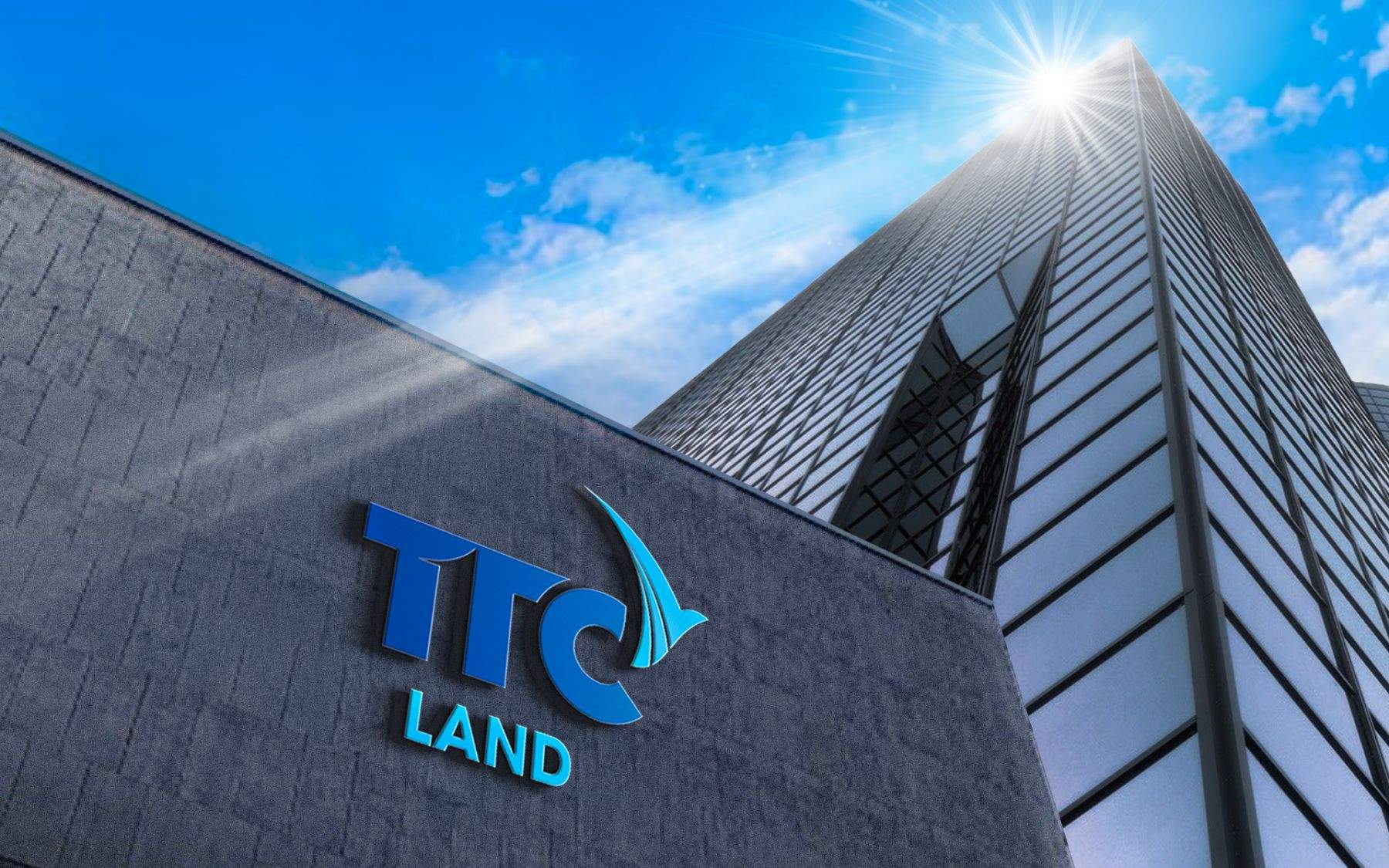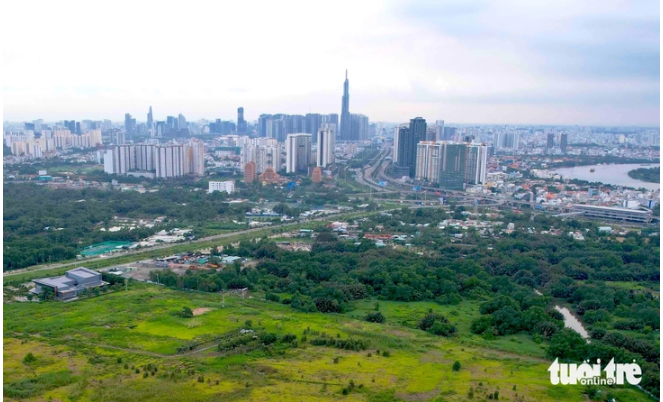Businesses urge removal of additional land fee collection
This was the key message shared by Mr. Dang Hong Anh, Chairman of the Vietnam Young Entrepreneurs Association, at the seminar “Land Prices, Land Taxes… What Is Fair?” organized by Thanh Niên newspaper on the morning of July 22, 2025.
Not back taxes, but interest and late payment penalties
According to Mr. Dang Hong Anh, the formulation and refinement of sub-law documents—particularly decrees guiding land use fee and land rental fee collection—are attracting strong interest from the business community. These regulations are fundamental, directly affecting investment costs, project timelines, and the efficiency of real estate and production-business projects.
Businesses particularly value the government’s effort to revise and improve these documents in line with the 2024 Land Law, including the draft amendment to Decree 103 on the collection of land use and rental fees. Recently, after gathering feedback from its members and assessing real-world cases, the Vietnam Young Entrepreneurs Association and several other business associations proposed that the current regulation imposing an additional 5.4% annual charge on unpaid land use fees—regardless of whether the delay was the business’s fault—is inappropriate.
In response to such feedback, the Ministry of Finance has included an alternative in the draft amendment to Decree 103: reducing the additional charge to 3.6% per year instead of 5.4%, or abolishing the rule entirely.

According to Mr. Dang Hong Anh, the 5.4% additional collection rate makes it difficult for businesses
From a business perspective, the proposed 3.6% rate (if maintained) essentially acts as interest or a late payment penalty for the period in which companies have yet to fulfill land-related financial obligations. However, the delays are not caused by deliberate non-payment, but by the authorities’ failure to finalize land valuation and fee calculations.
Citing cases where valuation was delayed despite developers having complied with all legal procedures, Mr. Đặng Hồng Anh noted that under Decree 71, one key basis for specific land pricing is the detailed construction plan or the general site plan, which determines the timing of land valuation and the estimation of development revenues and construction costs.
In 2023, the Government issued Decree 35 on investment project management, requiring all projects—regardless of size—to undergo detailed planning approval. However, before 2023, under Decree 37/2010, smaller projects were exempt from detailed planning, relying instead on general site plans and architectural layouts. As a result, projects implemented between 2010 and 2023 that are now undergoing land pricing under Decree 71 may lack the necessary legal planning basis for valuation.
Delays are not the Businesses’ fault
According to Mr. Dang Hong Anh, rigid application of regulations—where departments must request clarifications from other agencies or central authorities—has prolonged the valuation process, delaying the issuance of land price approval decisions. This, in turn, has triggered additional charges that are not the investor’s fault.
Furthermore, under the 2024 Land Law, projects that have not completed their land-related financial obligations cannot proceed with subsequent legal procedures, including selling products to customers. This traps capital, prevents fundraising from the market or buyers, and inflicts severe financial damage, leaving many projects at a standstill.
Businesses believe this creates a paradox, exposing them to legal and economic risks.

Businesses discuss the additional tax – Photo: Doc Lap
First, it violates the principle of fault. Penalties for late payment must be based on actual fault. In these cases, delays stem from administrative processes, not the businesses’ intent or financial capacity. Imposing such charges is tantamount to “punishing” companies for mistakes they did not make.
Second, it creates a double burden. Not only must businesses pay an unjust penalty, but they are also unable to advance projects or raise capital, leading to lost opportunities and rising financial costs—sometimes pushing them toward bankruptcy or project cancellation.
Third, it undermines the investment climate. If applied, the rule will deter investors from undertaking large-scale land projects where fee calculation takes a long time, counteracting government efforts to improve the business environment and attract investment.
Call to abolish the additional charge entirely
Given these challenges, Mr. Dang Hong Anh recommends that for cases where delays result from the authorities’ valuation and fee calculation processes, the additional charge should be eliminated completely, with administrative responsibility clearly assigned to the agency at fault.
He also proposes that the Government set clear maximum time limits for land pricing and fee calculations, along with mechanisms to identify and hold accountable agencies that cause delays—ensuring fairness for both the State and land users.

Mr. Dang Hong Anh proposes abolishing the additional collection entirely – Photo: Dinh Son
The Vietnam Young Entrepreneurs Association appreciates the Ministry of Finance’s willingness to adjust policies to balance State and land user interests. However, businesses still hope the decree will ultimately remove the additional charge provision altogether.
“A good policy, if applied without regard for specific circumstances and without clear accountability, can become a barrier rather than a catalyst. Removing this obstacle will not only bring fairness to affected businesses, but also demonstrate the State’s genuine support for the business community. Vietnamese enterprises need a land policy that is fair, transparent, and predictable,” Mr. Đặng Hồng Anh emphasized.
Businesses urge the Ministry of Finance and other government agencies to thoroughly consider these recommendations and choose to abolish the additional charge provision in the upcoming amendment to Decree 103. Such a move would unlock capital for hundreds of projects and provide strong momentum for economic growth.
Source: Dinh Son - Thanh Nien








